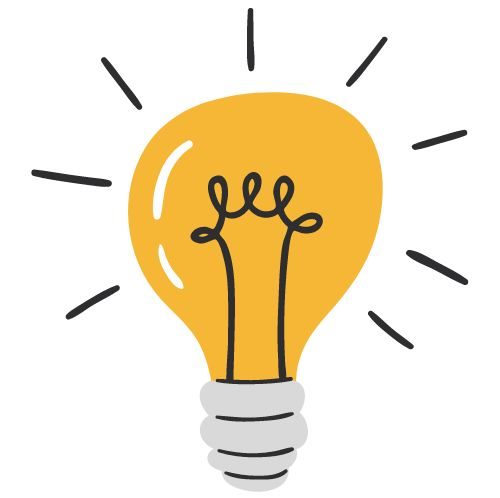Riddles come in all shapes and forms. Many use metaphorical language, rely on clever puns or use creative wordplay. Some test our logic, while others involve numerical patterns or equations.
Yet, they all share a common thread: they offer a window into how we think and feel.
Let’s unpack the psychology of riddles together and explore what they reveal about the human mind!
1. Riddles Can Reveal How Smart We Are
Riddles engage different parts of our mental faculties. They often focus on memory, logic, and problem-solving skills.
A recent study suggests that riddles can be a fresh way to measure intelligence, much like other creative outlets such as proverbs or humor. The findings showed that participants who scored higher on an IQ test were generally better at solving riddles.
Essentially, riddles function as a “language game.” Not only do they promote cognitive growth, but they may also be valuable for understanding how we think and learn.
2. Riddles Offer Insights Into Our Intuition and Emotions

How we solve riddles often depends on our intuition and emotions, sometimes more than we realize. In fact, we tackle everyday tasks without even noticing this, which shows just how active these processes are in our minds.
Riddles are so much easier when framed in familiar contexts. But when we face a really tough one, we lean on intuition and emotional intelligence to help us navigate ambiguous problems. Sometimes, our gut feeling does lead us to the right answer!
That’s part of why riddles are so popular in job interviews—they show how candidates think on their feet and handle problems in real time.
Emotions tied to learning, such as curiosity, frustration, and confusion, are also key. Curiosity draws us to the puzzle, while frustration can push us to keep trying or to give up.
And confusion? It often means we’re wrestling with new ideas and trying to integrate them into our understanding. It can even encourage deeper engagement with the material.
3. Riddles Uncover Our Problem-Solving Skills
A study from Washington University explored how the brain reacts when stuck on a puzzle using functional MRI and computer models.
The researchers found that a huge chunk of problem-solving is knowing when your strategy isn’t getting you close to a solution and figuring out a new way forward.
When this happens, the basal ganglia—a part of the brain that helps the prefrontal cortex make decisions—activates to quiet down unhelpful signals and amplify relevant ones.
In other words, being good at problem-solving isn’t just about knowing the right answers. Instead, it’s more about being able to move away from what’s not working.
4. Riddles Can Expose Our Biases
Research shows that certain riddles, called “stumpers,” expose default thinking that can blind us to possible answers due to automatic assumptions. It’s easy to get stuck if the riddle contradicts our expectations.
Some riddles play on our biases, like gender stereotypes, making the solution less obvious. Take this riddle, for example: “A lawyer says, ‘That accountant is my brother,’ yet the accountant denies having any brothers. How is this possible?”

For some, the answer is simple—the lawyer is a woman. However, others miss this because of deeply ingrained biases, which is the assumption that lawyers are typically male. This also demonstrates how our intuitive, snap judgments sometimes override analytical thinking.
Ultimately, riddles tell us how much we depend on mental shortcuts in our daily lives, which aren’t always reliable, especially in complex situations. However, we can train to be more open-minded by recognizing these tendencies when we solve riddles.
5. Riddles Spark Joy and Satisfaction
Have you ever been stumped by a riddle, only to feel a burst of excitement when the answer finally clicks? That rush comes from the effort you put into solving it and the sense of accomplishment that follows.
Experts found that a region of the brain responsible for producing dopamine—the feel-good hormone—lights up during moments of clarity when we arrive at a solution. That’s a big reason riddles are so engaging and rewarding!
Wrapping Up
Riddles are fun puzzles, no doubt. But beyond entertainment, the psychology of riddles can reveal much about our thinking patterns, problem-solving skills, and even our biases.
So, how flexible—or rigid—is your cognitive ability? Try solving a riddle and find out!
